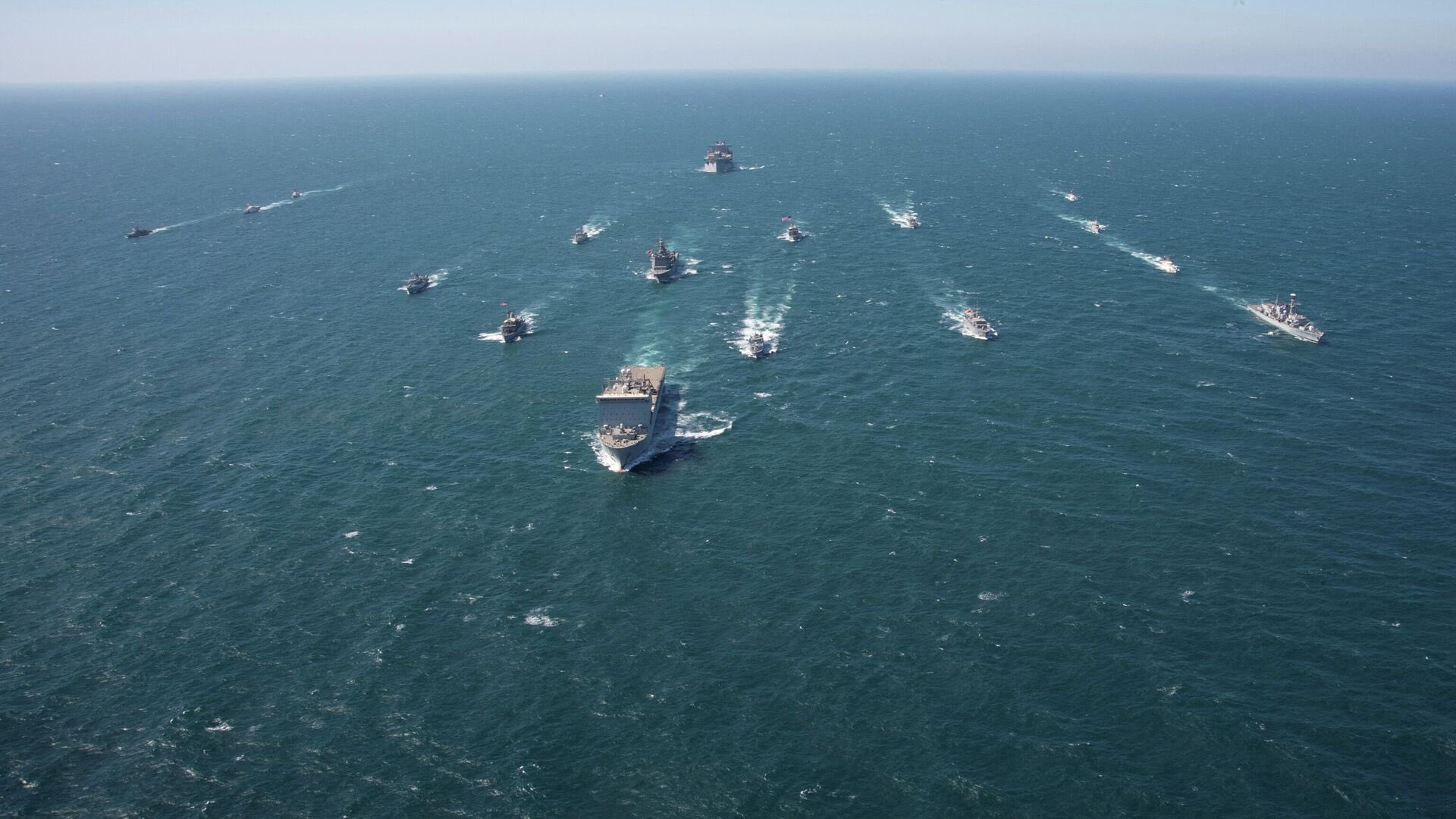On December 11, the Houthi armed group posed a Houthi challenge by targeting an oil tanker sailing the waters near Yemen. This marks the latest assault on vessels using this pathway, which is crucial for 40% of worldwide trade.

The Houthi forces have announced their intent to target any vessels belonging to Israel or bound for Israeli ports in solidarity with the Palestinian cause. This insurgent group holds sway over a portion of Yemen, particularly the vital maritime entry points in the Red Sea area. While Western nations seek to rally global efforts to safeguard this crucial trade route, navigating the evolving situation proves to be a formidable challenge.
On the night of December 11, the United Kingdom Maritime Trade Operations (UKMTO), a unit of the Royal Navy, reported a ship being fired upon in the Bab el-Mandeb strait, located off the coast of the port of Mokha in southwestern Yemen. The incident resulted in the vessel catching fire, though the crew’s safety was confirmed. Subsequent reports from private intelligence firms, as cited by the Associated Press, indicated that the Norwegian ship Strinda, carrying oil and chemicals, had come under attack in the Red Sea. The U.S. Central Command (CENTCOM) verified the assault, revealing that an anti-ship cruise missile had been launched from an area controlled by the Houthi rebels.
On December 12, Yahya Sarea, the spokesperson for the Houthi movement in Yemen, acknowledged the group’s role in the assault. He further asserted that the Houthis had seized control of several additional vessels due to their failure to heed warnings from the Yemeni Navy in the preceding two days. According to the Houthi statement, the Norwegian ship came under attack because the “crew disregarded all warnings.”
Global trade is under threat.
Following the impact of a Yemen-launched missile on an oil tanker bearing the Norwegian flag, France has urged the avoidance of any confrontations in the Red Sea area. The French Navy is mobilizing a fleet to counter attacks initiated by Houthi rebels in the recent weeks. These recurrent assaults have heightened apprehensions within the maritime transportation sector, posing a risk to activities traversing the Suez Canal, a pivotal global trade route.

Over the past weekend, the French Navy conducted drone interception operations in the region. On December 9, Houthi rebels issued a threat to attack any ships bound for Israel unless aid was provided to Gaza residents.
Despite the heightened tensions, the movement of vessels in the area has largely continued without significant changes. However, the transportation route to Israel is facing substantial disruptions. Profits from operations at the Eilat port in the Red Sea are on the decline. Ships that traditionally utilized the Suez Canal to access Israel’s Mediterranean ports are now compelled to reroute, extending travel times and escalating expenses. Insurance companies are imposing additional fees for insurance coverage on all shipments to or from Israel. If the conflict intensifies, it could deliver a substantial blow to the global trade industry.
A substantial portion, 12%, of the world’s merchandise transits through the Suez Canal. This constitutes a pivotal pathway for the energy sector: 10% of oil products, 5% of crude oil, and 8% of liquefied natural gas traverse this maritime route, serving as a critical conduit for supplying energy to Europe. Furthermore, it plays a vital role in the global grain trade, with 7% of the total global grain volume passing through the Red Sea. The potential blockade of the Bab-el-Mandeb strait could lead to a surge in sea shipping costs, and Egypt, heavily dependent on Suez Canal revenue, would be among the first to experience the repercussions.
The freight industry is currently grappling with substantial risks arising from activities at the Panama Canal, a key maritime route currently experiencing slowdowns due to drought impacts. Numerous shipments are encountering delays, prompting ship owners to reroute some vessels through the Suez Canal, thereby prolonging the journey by an additional 5 days. Should they now need to circumvent the Red Sea, opting for an alternative route around Africa via the Cape of Good Hope and adjusting the trajectory towards Asia, Europe, and the Americas, the supply chain will confront a fresh set of challenges.
What’s the solution?
The drone assaults launched by Houthi rebels in the Red Sea region have prompted decisive action from Western naval forces. Since October 7th, approximately 20 drones have been neutralized, including three UAVs eliminated by the French frigate Languedoc in a span of 48 hours. With the persistent Houthi attacks targeting all types of ships, maritime expert Vincent Groizeleau asserts that finding a solution is proving to be challenging. Vincent also added that, over the past two weeks, there have been numerous attacks on vessels bound for Israeli ports. We are starting to consider an alternative explanation, which involves attacks on ships supporting Israel. However, all the goods Israel requires not only transit through Israeli companies but also through international ones. Therefore, we will closely monitor the Western response to this threat.

Ensuring the security of this vital trade route has prompted consideration of military interventions. Despite the existence of a standing international force for over 20 years, attacks on commercial ships are not an unprecedented occurrence in the Red Sea. The U.S. is planning to enhance its military presence in the region to broaden its influence in the Red Sea. However, the U.S. is also advocating for the participation of other nations in this initiative, including China. Nonetheless, naval forces face limitations in escorting every ship along the western coast of Yemen controlled by the Houthi rebels.
The United States has suggested diplomatic sanctions and is considering labeling the Houthi group as a terrorist organization. This action might hinder Yemen’s pursuit of compensation under the ongoing peace negotiations with Saudi Arabia. However, the effectiveness of Western sanctions appears to be constrained. Arab nations, facing the dilemma of potentially endorsing Israel, may encounter difficulties in imposing sanctions on the Houthi rebels. It’s noteworthy that Iran continues to be a significant ally of this Yemeni rebel group.
Source: cand.com.vn




